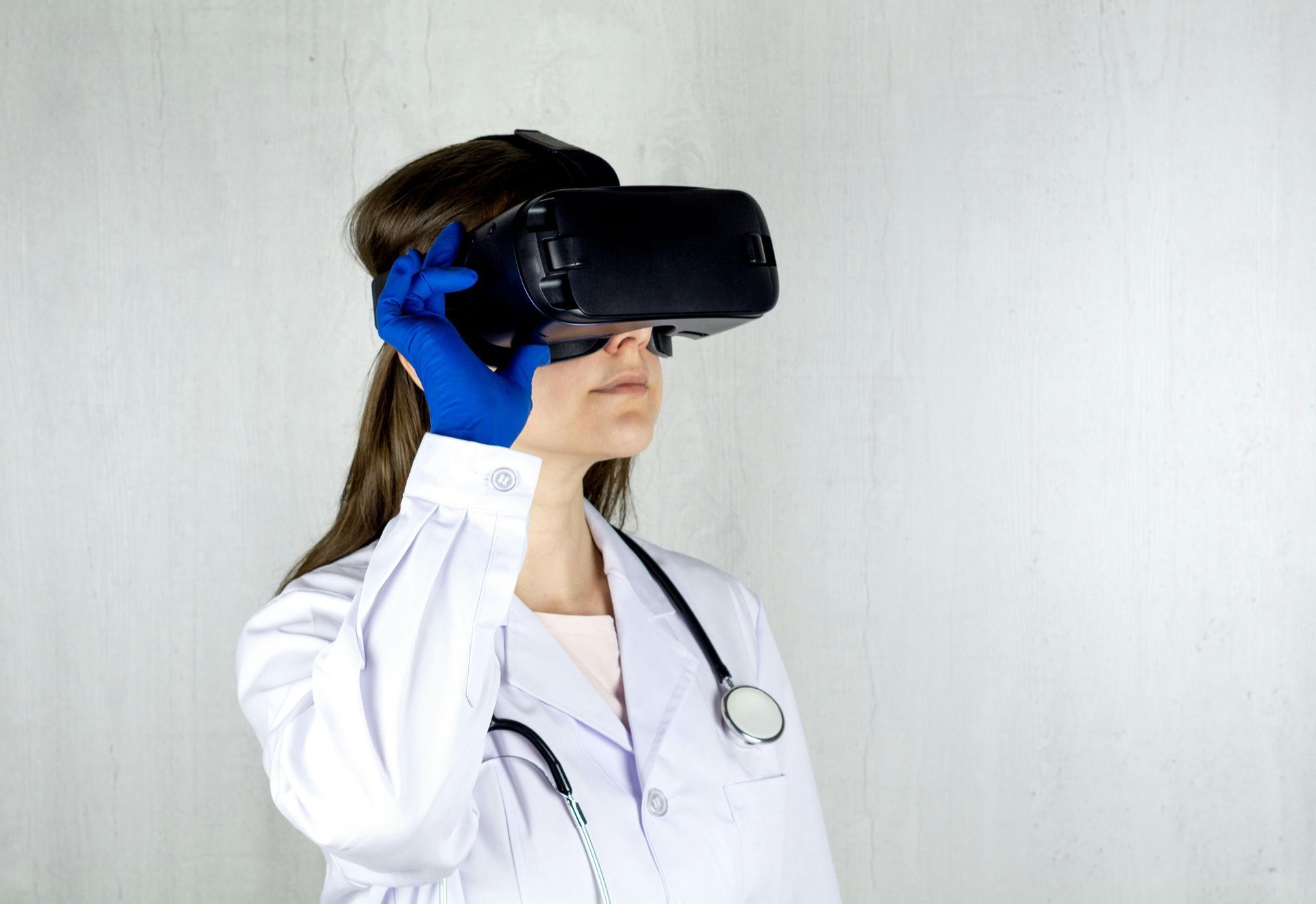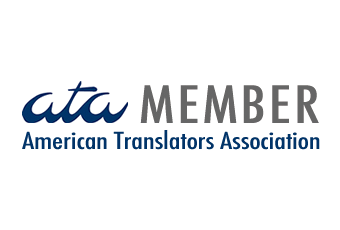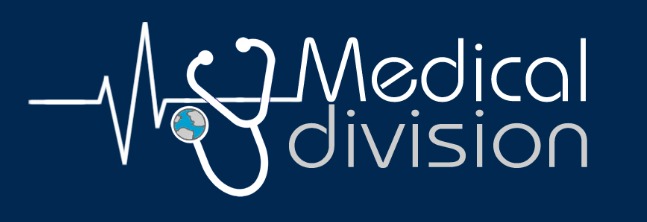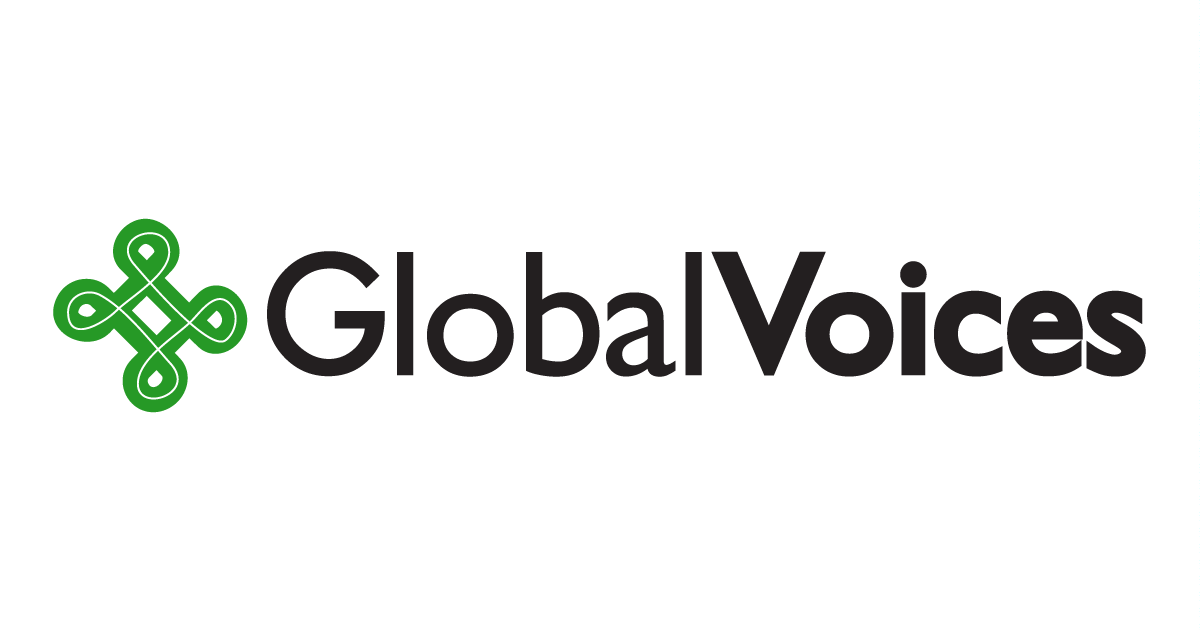Enhancing the Patient Journey with Expert UX Design Services
How UX Design Improves the Patient Journey?
The patient journey isn’t just about doctor visits—it is a whole experience that includes using healthcare apps, interacting with medical devices, and even reading clinical documents. As a UX designer in the healthcare sector, I focus on making sure every step of that journey is as smooth and clear as possible. The goal? To design experiences that make patients feel confident, informed, and supported at every touchpoint.
How UX Design Services Enhance the Patient Experience?
Step 1: UX Research
It all starts with understanding the patient. Through user interviews, surveys, and usability testing, I gather insights that help me create designs that truly meet the needs of the people using them. By focusing on real feedback, I make sure the designs work for patients in the real world.
Step 2: UX/UI Design
When I design, I’m all about simplicity and accessibility. Whether it is a medical device interface or a healthcare app, I make sure the design is not only easy to use but also helps patients access the info they need quickly and clearly. It’s about making sure patients feel comfortable and in control of their care.
Step 3: UX Testing
Testing is key. I work closely with real users (patients and healthcare professionals) to test how well a design works in action. If something isn’t clicking, I make adjustments before it is released. This ensures that patients and providers don’t face any usability issues that could get in the way of their experience.
Why UX Design in Healthcare Matters?
Good UX design goes beyond improving usabilit, it has a real impact on clinical outcomes. When healthcare apps, medical devices, or clinical outcome assessments (COAs) are designed with patients and healthcare professionals in mind, they can improve accuracy, reduce errors, and make complex tasks easier to navigate. Whether it is ensuring a medical device interface is intuitive or making sure a COA is easy to understand, well-designed experiences lead to better data, more reliable results, and ultimately, improved care. The goal is simple: creating solutions that are efficient and also support better decision-making.
Do You Need Expert Support for UX Design in the Healthcare Sector?
Read more about my services as a UX/UI Designer for Healthcare and Medical Organizations, or get in touch with me today at contact@emilecret.com








